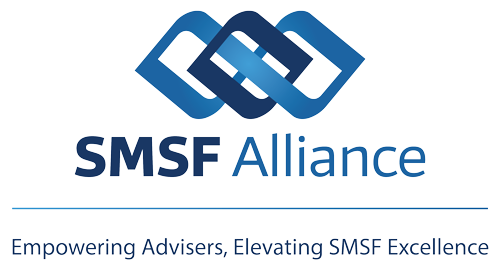A downsizer contribution of up to $300k can be made by a member and/or their spouse who is 55, or older, at the date of contribution provided it is made within 90 days of the property settlement date.
If the home was only owned by one spouse, the other may also make a downsizer contribution if they meet all other requirements.
The home must have been owned by the member or spouse for 10 years or more. The ownership period is generally calculated from the date of settlement of purchase to the date of settlement of sale, not the contract date.
To be eligible, the proceeds from the sale of the home must be either partially or fully exempt from capital gains tax under the main residence exemption. This means that the home does not need to have been the primary residence for the whole of the 10 year period.
It can only be used once, even if the full $300k allowance is not used. Also, the contribution amount can’t be greater than the total proceeds of the sale of the home so it can’t be “topped up”.
It can be applied even if a replacement property is not purchased or if the new property is greater in value – so can be made with “other” monies.
As the contribution has the tax-free characteristics of a non-concessional contribution (without the age and total super balance restrictions) it can be applied to a recontribution strategy designed to lower a member’s taxable component.
It can also be used to commence a new account-based pension – subject to available transfer balance cap space. This is why we provide an auto commutation service for benefits drawn over an existing pension minimum – to reduce the use of the transfer balance cap just in case a downsizer contribution opportunity arises in future for even the oldest of members.
Lastly, remember that the member must provide their super fund with the Downsizer Contribution into Super form either before or at the time of making the contribution.


